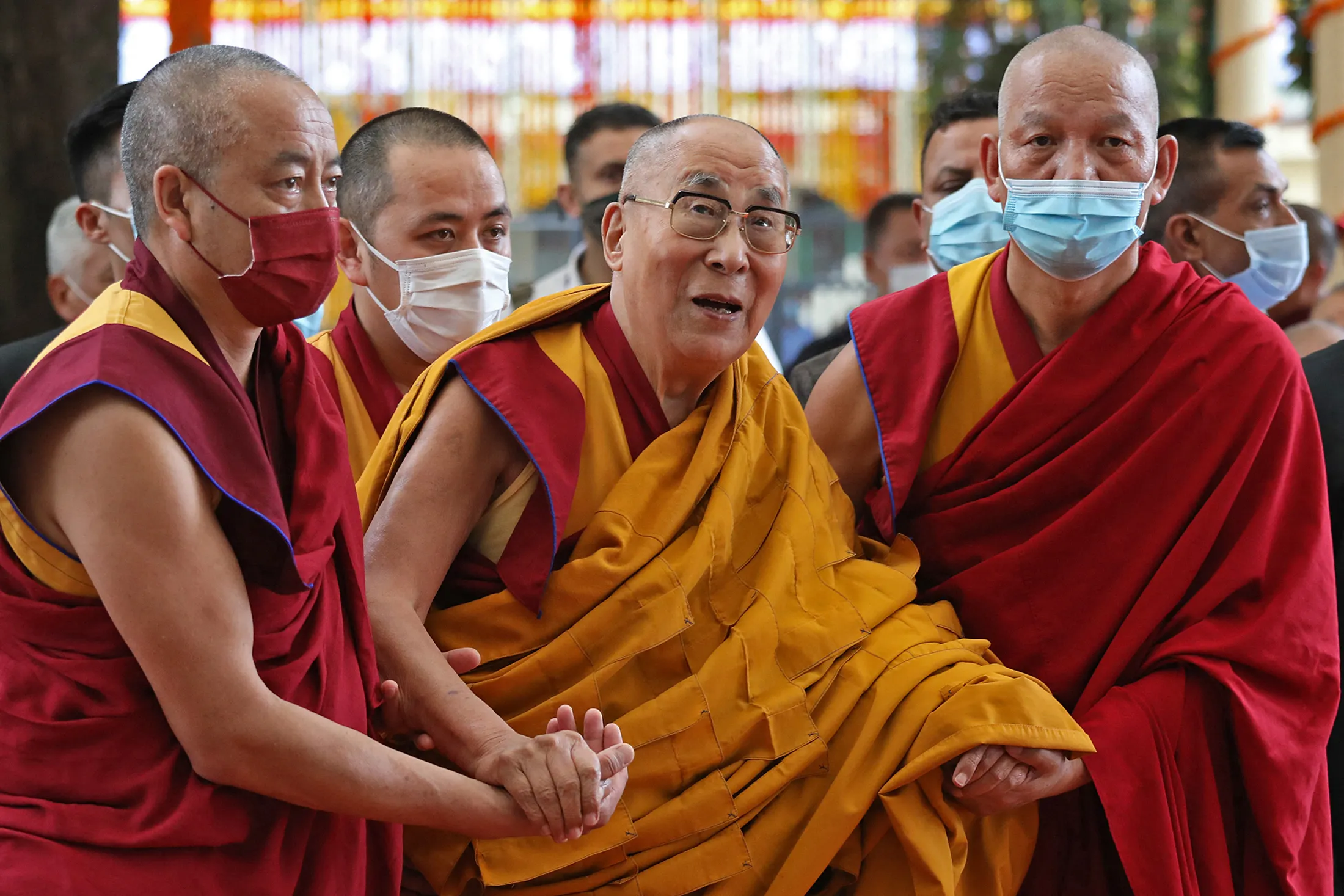Dalai Lama confirms a successor will preserve ancient Tibetan tradition after his death
[Dharamshala, India – July 2, 2025] — The 14th Dalai Lama, the highest spiritual leader of Tibetan Buddhism, has confirmed that a successor will be chosen after his death and that the process will follow centuries-old tradition. With this announcement, he has put an end to long-standing uncertainty over the future of the Dalai Lama institution.
In a video message released on Wednesday, ahead of his 90th birthday, the Dalai Lama stated that the Gaden Phodrang Foundation, which he himself established, will be the sole authority responsible for identifying his future reincarnation. He emphasized that a group of Tibetan Buddhist monks will carry out the selection, and no external party will be allowed to interfere in the process.
He added, “Over the past few years, many Buddhist devotees from around the world have requested that the tradition of the Dalai Lama be preserved. Based on their heartfelt appeals, I affirm that the institution of the Dalai Lama will continue.”
He made the announcement at a religious conference in Dharamshala, India, where he has lived since fleeing Tibet in 1959 following a failed uprising against Chinese forces. From there, he continues his spiritual activities in exile.
A public rebuke to China
Tibetan author and rights activist Tenzin Tsundue told Al Jazeera, “This announcement by the Dalai Lama is a direct slap in the face of China,” as Beijing has long claimed the right to appoint his successor.
The Dalai Lama has repeatedly warned China not to interfere in his reincarnation. However, following his latest statement, Chinese authorities said that any successor to the Dalai Lama must be approved by the Chinese government.
The traditional reincarnation process
According to Tibetan Buddhist belief, a spiritual leader is reincarnated in the body of a child after death. The Dalai Lama’s official website states that the 14th Dalai Lama was born on July 6, 1935, into a farming family in Tibet. At just two years old, he was able to identify the belongings of the previous Dalai Lama, leading to his selection. In 1940, he moved to the capital Lhasa and assumed his role as the spiritual leader of Tibet.
What will the future successor be like?
An official from the Dalai Lama’s trust stated that the next Dalai Lama could be either male or female and may not necessarily be of Tibetan ethnicity.
In 2011, the Dalai Lama relinquished political authority and handed power to the democratically elected government-in-exile of Tibet. Since then, he has served solely as a spiritual leader.
His clear message has brought reassurance to Tibetan Buddhist followers around the world, though international analysts warn it may also spark renewed tensions with China.









